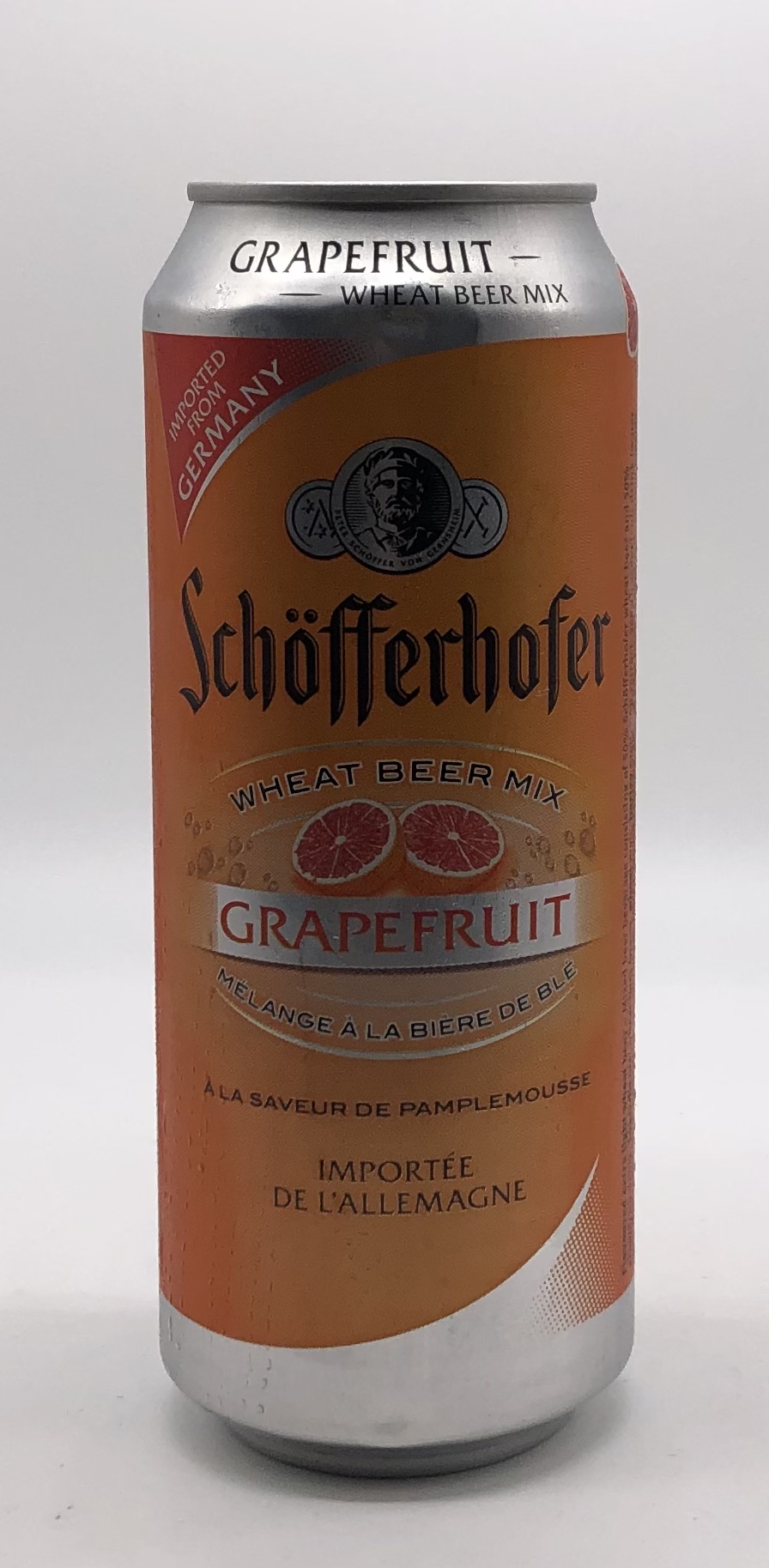

Read the Drug Facts label on your OTC drug, which will say whether you shouldn’t have grapefruit or other fruit juices with it.Read the medication guide or patient information sheet that comes with your prescription drug to find out if grapefruit juice affects your drug.Ask your doctor or pharmacist if grapefruit juice interacts with your medication.As shown above, grapefruit juice can block the action of transporters, decreasing the amount of drug in the body and may cause the drug to not work as well.įind Out if You Should Avoid Grapefruit or Other Juices Other drugs, like fexofenadine, are moved by transporters into the body’s cells. As shown above, grapefruit juice can block the action of these enzymes, increasing the amount of drug in the body and may cause more side effects. Some drugs, like certain statins used to lower cholesterol, are broken down by enzymes. Grapefruit juice can cause problems with these enzymes and transporters, causing too much or too little drug in the body. When drugs are swallowed, they may be broken down (metabolized) by enzymes and/or absorbed using transporters in cells found in the small intestine. As a result, less of the drug enters the blood and the drug may not work as well, Huang says. Why this opposite effect? Instead of changing metabolism, grapefruit juice can affect proteins in the body known as drug transporters, some of which help move a drug into our cells for absorption. Fexofenadine may also not work as well if taken with orange or apple juice, so the drug label says, “Do not take with fruit juices.” Fexofenadine (brand name Allegra) is available as both prescription and OTC to relieve symptoms of seasonal allergies. “Grapefruit juice can cause less fexofenadine to enter the blood,” decreasing how well the drug works, Huang says. So grapefruit juice may affect people differently even when they take the same drug.Īlthough scientists have known for several decades that grapefruit juice can cause too much of certain drugs in the body, more recent studies have found that the juice has the opposite effect on a few other drugs. Some people have a lot of this enzyme and others just a little. The amount of the CYP3A4 enzyme in the intestine varies from person to person. Grapefruit juice can block the action of intestinal CYP3A4, so instead of being metabolized, more of the drug enters the blood and stays in the body longer. Many drugs are broken down (metabolized) with the help of a vital enzyme called CYP3A4 in the small intestine.

“When there is too much drug in the blood, you may have more side effects.”įor example, if you drink a lot of grapefruit juice while taking certain statin drugs to lower cholesterol, too much of the drug may stay in your body, increasing your risk for liver and muscle damage that can lead to kidney failure. With most drugs that are affected by grapefruit juice, “the juice lets more of the drug enter the blood,” says Shiew Mei Huang, Ph.D., of the FDA. How Grapefruit Juice Can Interfere With Medications

Some anti-anxiety drugs, such as BuSpar (buspirone).Some organ-transplant rejection drugs, such as Neoral and Sandimmune capsule or oral solution (both cyclosporine).Some drugs that treat high blood pressure, such as Procardia and Adalat CC (both nifedipine).Some statin drugs to lower cholesterol, such as Zocor (simvastatin) and Lipitor (atorvastatin).Here are examples of some types of drugs that grapefruit juice can cause problems (interact) with: Food and Drug Administration has required that some prescription and over-the-counter (OTC) drugs generally taken by mouth include warnings against drinking grapefruit juice or eating grapefruit while taking the drug. Grapefruit juice and grapefruit can affect the way your medicines work, and that food and drug interaction can be a concern. Grapefruit has vitamin C and potassium, nutrients your body needs to work properly. Grapefruit juice and grapefruit can be part of a healthy diet.


 0 kommentar(er)
0 kommentar(er)
